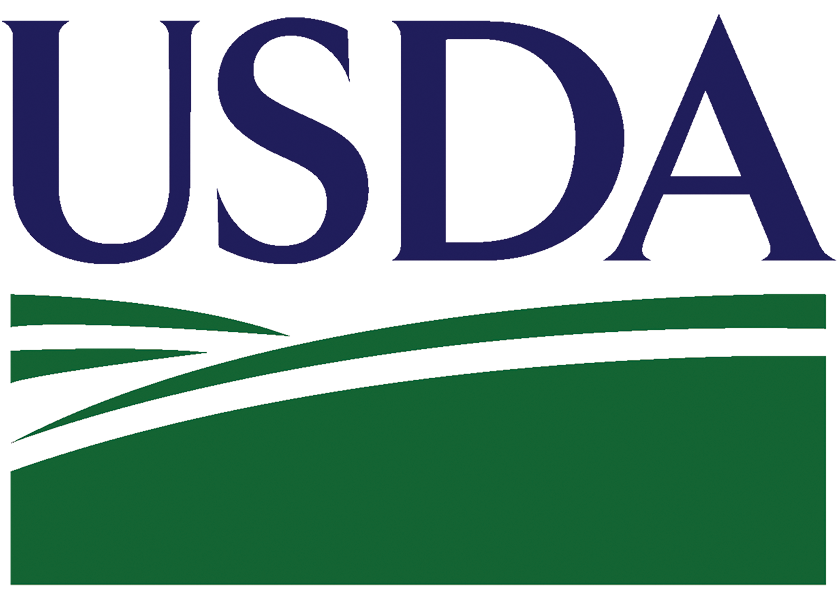USDA provides payments of nearly $800M to help farmers stay on the farm

The USDA has announced that distressed borrowers with qualifying USDA farm loans have already received nearly $800 million in assistance.
The funds are part of the $3.1 billion in assistance for distressed farm loan borrowers provided through Section 22006 of the Inflation Reduction Act, according to the USDA. The legislation directed USDA to expedite assistance to distressed borrowers of direct or guaranteed loans administered by USDA’s Farm Service Agency whose operations face financial risk, according to a news release.
The announcement kicks off a process to provide assistance to distressed farm loan borrowers using several complementary approaches, with the goal of keeping them farming, removing obstacles that currently prevent many of these borrowers from returning to farming, and improving the way that USDA approaches borrowing and servicing, the USDA said.
Through this assistance, USDA is focused on generating long-term stability and success for distressed borrowers, according to a news release.
“Through no fault of their own, our nation’s farmers and ranchers have faced incredibly tough circumstances over the last few years,” Agriculture Secretary Tom Vilsack said in a news release. “The funding included in today’s announcement helps keep our farmers farming and provides a fresh start for producers in challenging positions.”
The USDA said that as of Oct. 18, more than 13,000 borrowers have already benefited from the resources provided under the Inflation Reduction Act as follows:
- Approximately 11,000 delinquent direct and guaranteed borrowers had their accounts brought current. USDA also paid the next scheduled annual installment for these direct loan borrowers giving them peace of mind in the near term.
- Approximately 2,100 borrowers who had their farms foreclosed on and still had remaining debt have had this debt resolved in order to cease debt collections and garnishment relieving that burden that has made getting a fresh start more difficult.
In addition to the automatic assistance already provided, USDA has also outlined steps to administer up to an additional $500 million in payments to benefit the following distressed borrowers, according to the release:
USDA will administer $66 million in separate automatic payments, using COVID-19 pandemic relief funds, to support up to 7,000 direct loan borrowers who used FSA’s disaster-set-aside option during the pandemic to move their scheduled payments to the end of their loans.
USDA is also initiating two case-by-case processes to provide additional assistance to farm loan borrowers. Under the first new process, FSA will review and assist with delinquencies from 1,600 complex cases, including cases in which borrowers are facing bankruptcy or foreclosure. The second new process will add a new option using existing direct loan servicing criteria to intervene more quickly and help an estimated 14,000 financially distressed borrowers who request assistance to avoid even becoming delinquent.
More details on each of the categories of assistance, including a downloadable fact sheet, are available on the Inflation Reduction Act webpage on farmers.gov.
USDA provides access to credit to approximately 115,000 producers who cannot obtain sufficient commercial credit through direct and guaranteed farm loans, which do not include farm storage facility loans or marketing assistance loans. With the funds and direction Congress provided in Section 22006 of IRA, USDA said it is taking action to immediately provide relief to qualifying distressed borrowers whose operations are at financial risk while working on making transformational changes to how USDA goes about loan servicing in the long run so that borrowers are provided the flexibility and opportunities needed to address the inherent risks and unpredictability associated with agricultural operations and remain in good financial standing.







